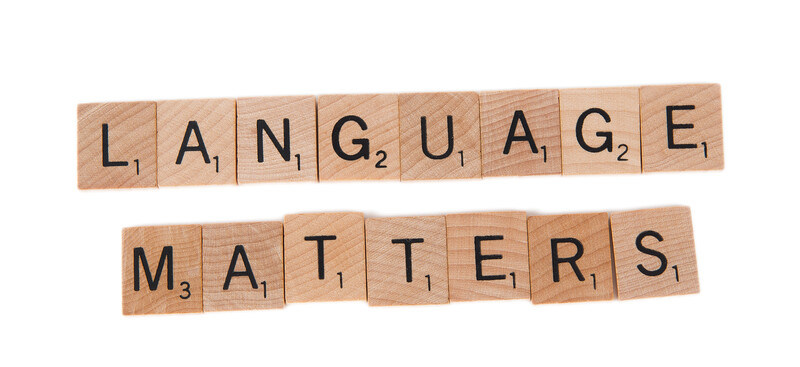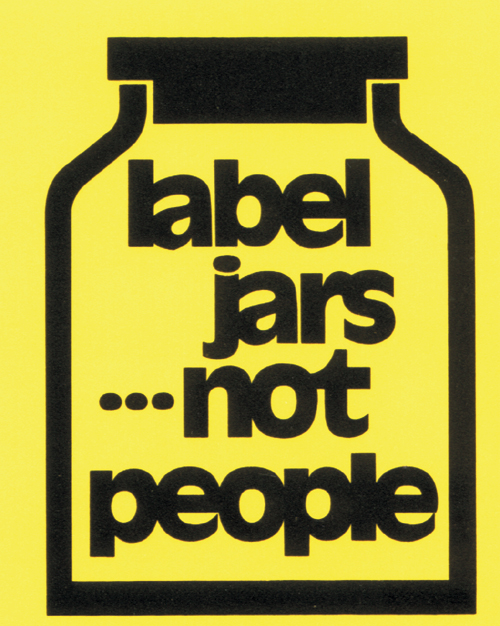The Harm of Labels and Why Inclusive Language Matters



A single word can build a bridge — or erect a wall. When we label people by their worst mistake instead of their humanity, the wall wins, distancing us from neighbors who need support, dignity, and a fair shot at rebuilding their lives. Few groups understand this sting more than returning citizens — people coming home after incarceration — who find that language shapes whether a door opens or another barrier appears.
Why Labels Hurt
Labels such as felon or ex-con may seem like shorthand, but research shows they amplify stigma and restrict opportunity. Scholars call this crime-first language — words that place a criminal act before the person. Studies find that such terms lower public willingness to hire or rent to someone with a record, while person-first phrasing (“person with a criminal record”) softens negative judgments and increases perceived trustworthiness.
The damage is more than reputational; it’s measurable. The Bureau of Justice Statistics tracked more than 50,000 people released from federal prison and found that about 60% were jobless at any given time during their first four years home. Employment isn’t just a paycheck — it’s one of the strongest shields against recidivism. Yet when a returning citizen is branded a felon, callback rates plunge.
The Weight Labels Place on Formerly Incarcerated Individuals
- Employment roadblocks: Without steady work, returning citizens are far more likely to cycle back into the justice system. More than 60% of state prisoners are rearrested within three years and 70% within five, underscoring how critical second-chance hiring is to public safety.
- Housing discrimination: Landlords often rely on background checks and quick descriptors — “offender” or “parolee” — to reject applications, pushing people toward unstable housing or homelessness.
- Community isolation: Stigmatizing language narrows social networks. Employers, neighbors, and even family members may distance themselves, believing the label captures the whole person.
When someone is thought of as an inmate instead of a parent or a neighbor, the message is clear: Society still sees the bars.
Person-First, Strength-Based Language
Person-first language (“person with a criminal record”) and strength-based phrasing (“returning citizen” or “community member”) do more than sound polite — they change outcomes. By putting humanity and potential before history, these words:
- Reduce stigma: Experiments show employers rate applicants described in person-first terms as more trustworthy and are likelier to offer interviews.
- Boost self-efficacy: When people hear language that affirms their value, they internalize that optimism, which is linked to lower recidivism risk.
- Align with modern policy: States such as New York have replaced “inmate” with “incarcerated individual” in statutes, reflecting a nationwide shift toward dignity.
- Clarify intent for service providers and the media: Person-first language signals that a story or policy centers on rehabilitation, not punishment.
Find some examples of person-first language and strength-based phrasing below, and explore our helpful Labels Create Barriers resource for additional language and context. To swap harm-laden labels for words that highlight potential, use terminology such as:
- Formerly incarcerated individual/person
- Returning citizen
- Citizen
- Resident
- Community member
How to Put Inclusive Language to Work
- In job postings and HR documents: Replace blanket exclusions (“No felons”) with precise, offense-related criteria, and emphasize the company’s commitment to second-chance hiring.
- In newsrooms and social media: Lead with the person — “James Smith, a community volunteer” — and mention legal history only when genuinely relevant.
- In everyday conversation: Model empathy. If a friend says “ex-con,” gently rephrase: “Yes, he’s a returning citizen looking for work.”
- For policymakers: Audit statutes and agency forms for outdated labels, and update them to person-first language.
Beyond Etiquette: Language as Reentry Infrastructure
Changing vocabulary isn’t a cosmetic fix; it’s part of the reentry infrastructure. When communities normalize respectful terms:
- Employers broaden talent pools, easing the labor shortage and lowering turnover.
- Public opinion shifts, encouraging investments in housing, training, and mental health support.
- Returning citizens feel seen, which boosts self-efficacy — an evidence-based predictor of reduced recidivism.
Each of these outcomes saves taxpayer dollars and strengthens families. Words, then, are low-cost, high-impact policy tools.
A Call to Speak — and Act — Differently
Language alone will not dismantle every barrier, but it’s the doorway to opportunity. When we choose inclusive words, we signal that people can change, contribute, and belong.
At Pioneer Human Services, we turn that message into action every day — offering housing, job training, and advocacy so returning citizens can move beyond a conviction history and thrive. Join us in breaking barriers, and help make second chances a shared reality.
Pioneer Human Services empowers justice-involved individuals to overcome adversity and reach their full potential. With over 35 programs across the state of Washington, we’re working to eradicate mass incarceration through innovative programs and social entrepreneurship. Support our work today, and help us provide counseling, career services, housing, and — most importantly — hope.
